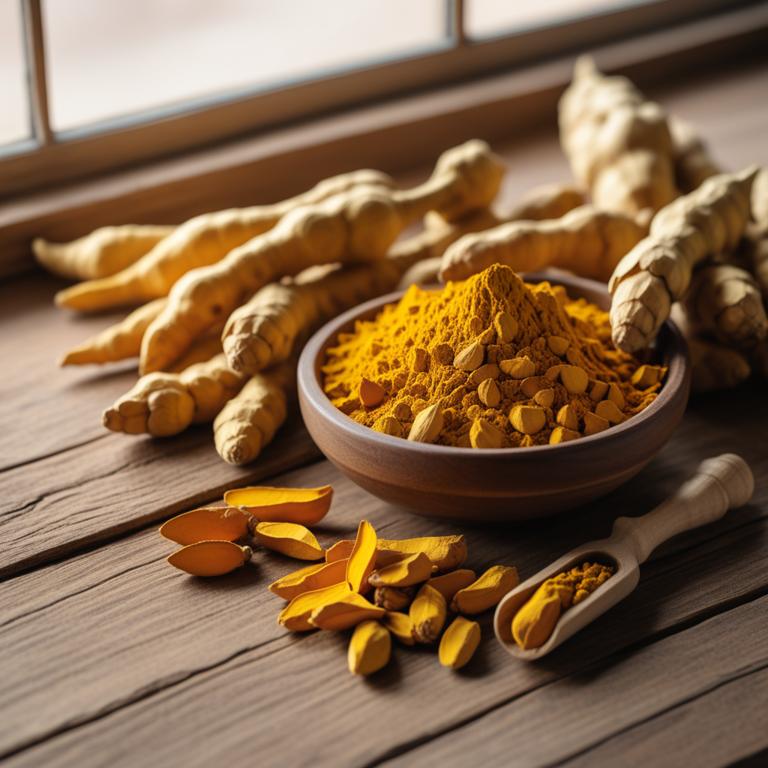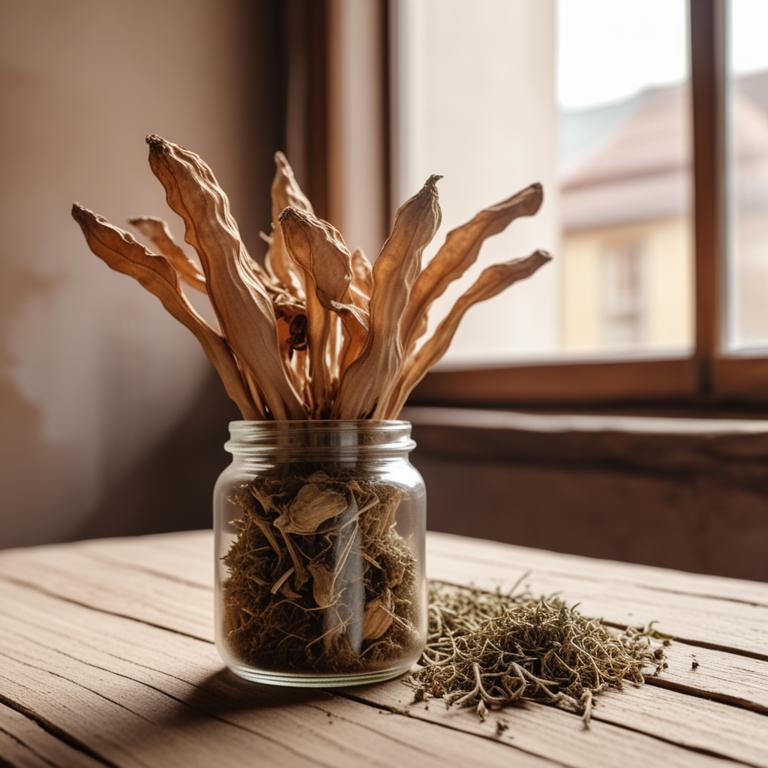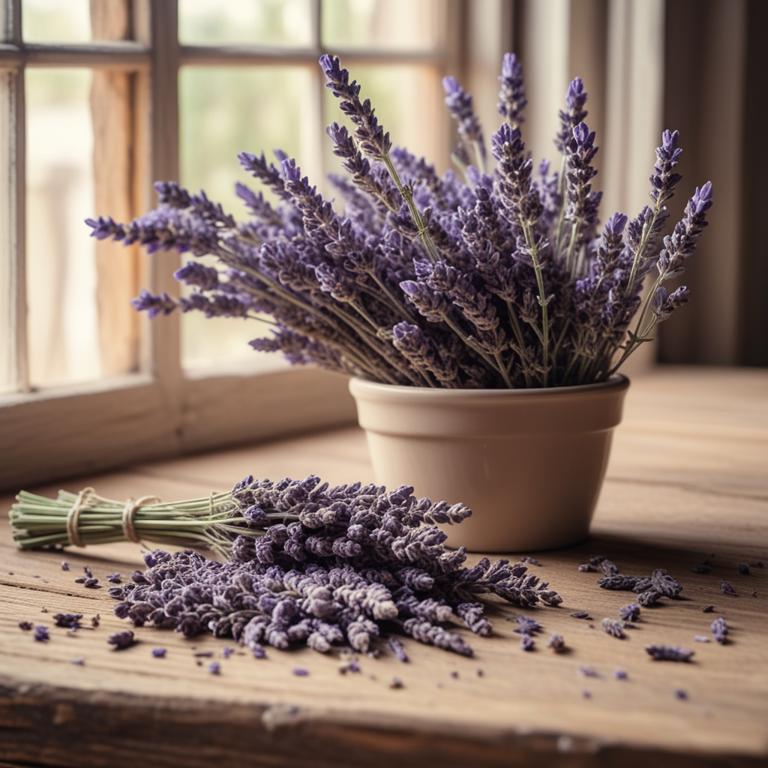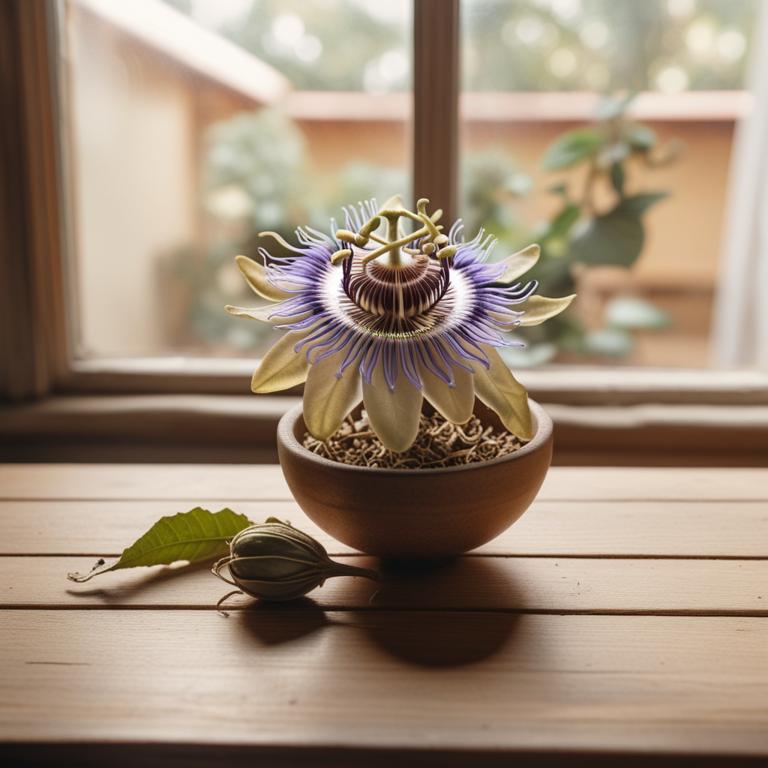Updated: Dec 1, 2024
Breaking the Cycle of Bad Taste with Medicinal Herbs and Herbal Preparations
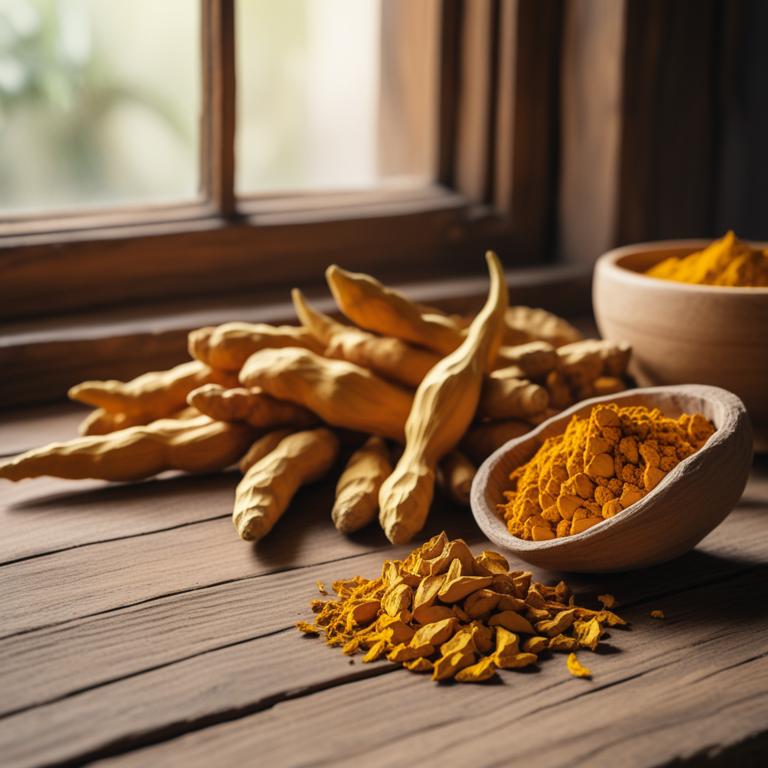
Bad taste, also known as dysgeusia, is a condition where your sense of taste is disrupted, making food and drinks taste unpleasantly bitter, sour, metallic, or soapy.
This can affect your appetite, mood, and even your relationships. If you experience bad taste, you might find it hard to enjoy meals or snacks, leading to weight loss, nutrient deficiencies, and social isolation. Bad taste can be caused by various factors, including medications, vitamin deficiencies, gum disease, sinus infections, and even certain medical conditions like diabetes or kidney disease. Sometimes, bad taste can also be a symptom of a more serious underlying issue, such as liver or kidney problems.
Fortunately, there are some natural remedies that can help alleviate bad taste. Herbs like peppermint, ginger, and licorice root have been used for centuries to soothe the digestive system and restore balance to the senses. These herbs can be consumed as teas, infusions, or even added to food and drinks. For example, a warm cup of peppermint tea can help calm the stomach and refresh the senses, while a licorice root infusion can help reduce inflammation in the mouth and throat. Ginger, on the other hand, can be added to food or taken as a supplement to aid digestion and reduce nausea.
By incorporating these herbs into your diet, you may be able to alleviate bad taste and enjoy your meals again.
Table of Contents
- What causes bad taste to occur?
- What benefits can be obtained from using herbs for getting rid of bad taste?
- What are the primary medicinal herbs used to eliminate bad taste?
- What herbal preparations are commonly used to get rid of bad taste?
- What herbs are inadvisable to consume if you have bad taste?
- FAQ
What causes bad taste to occur?
The main causes of bad taste are often related to issues within the mouth.
Oral Thrush, a fungal infection, can cause bad taste due to the growth of yeast on the tongue and inner cheeks. This leads to white patches and a metallic or sour taste in the mouth. Tonsillitis, an inflammation of the tonsils, can cause bad taste because the infected tonsils can release toxins and bacteria into the mouth, creating an unpleasant taste.
Gingivitis, a mild form of gum disease, can cause bad taste due to the buildup of plaque and bacteria on the teeth and gums. This leads to inflammation and infection, which can cause a foul taste in the mouth. Halitosis, commonly known as bad breath, is a major cause of bad taste.
This condition occurs when bacteria in the mouth break down food particles and release volatile sulfur compounds, creating a strong, unpleasant odor and taste in the mouth.
What benefits can be obtained from using herbs for getting rid of bad taste?
Using herbs for bad taste can be really helpful.
One of the main benefits is that they can mask unpleasant flavors, making food more enjoyable to eat. These herbs have a strong, distinct taste that can overpower other flavors, making them perfect for covering up bitter or sour tastes.
For example, if you're eating a meal that's too spicy, you can use one of these herbs to cool down the flavor. They can also add a fresh and clean taste to food, which is especially great for dishes that have been sitting out for a while. Additionally, these herbs are often easy to digest, making them a great option for people who have sensitive stomachs or are recovering from an illness.
They can also be used to enhance the flavor of food without adding extra salt or sugar, which is a big plus for people who are watching their diet.
What are the primary medicinal herbs used to eliminate bad taste?
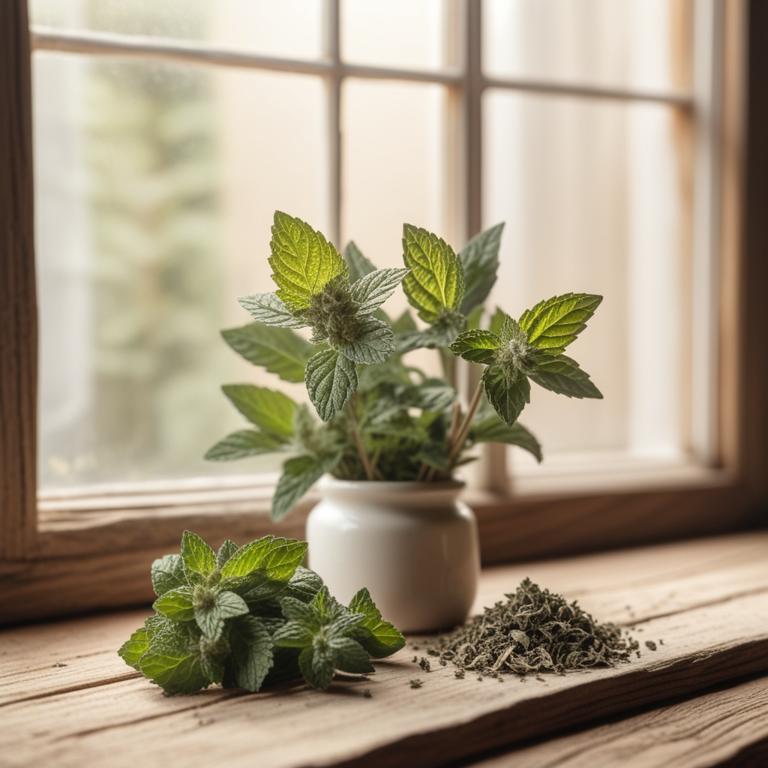
Herbs can greatly improve the taste of food, especially if it's not very flavorful.
Let's take a look at some popular herbs that can make a big difference. For example, peppermint (Mentha x piperita) has a cool and refreshing flavor that can balance out the richness of foods like pasta or soup. Ginger (Zingiber officinale) is another great addition to many dishes, adding a warm and spicy flavor that enhances the taste of stir-fries and curries.
Cinnamon (Cinnamomum verum) is a sweet and comforting spice that pairs well with sweet dishes like desserts or drinks, but it can also be used to add depth to savory meals like stews or braises. Cardamom (Elettaria cardamomum) is a unique herb with a sweet and spicy flavor that's commonly used in Indian and Middle Eastern cooking. It's great in teas, desserts, and even savory dishes like curries. Coriander (Coriandrum sativum) has a light and citrusy flavor that's often used in Mexican and Middle Eastern cooking to add depth and warmth to dishes like tacos and stews.
These herbs can add a lot of flavor to food without overpowering it, making them great for people who struggle with bad taste.
What herbal preparations are commonly used to get rid of bad taste?
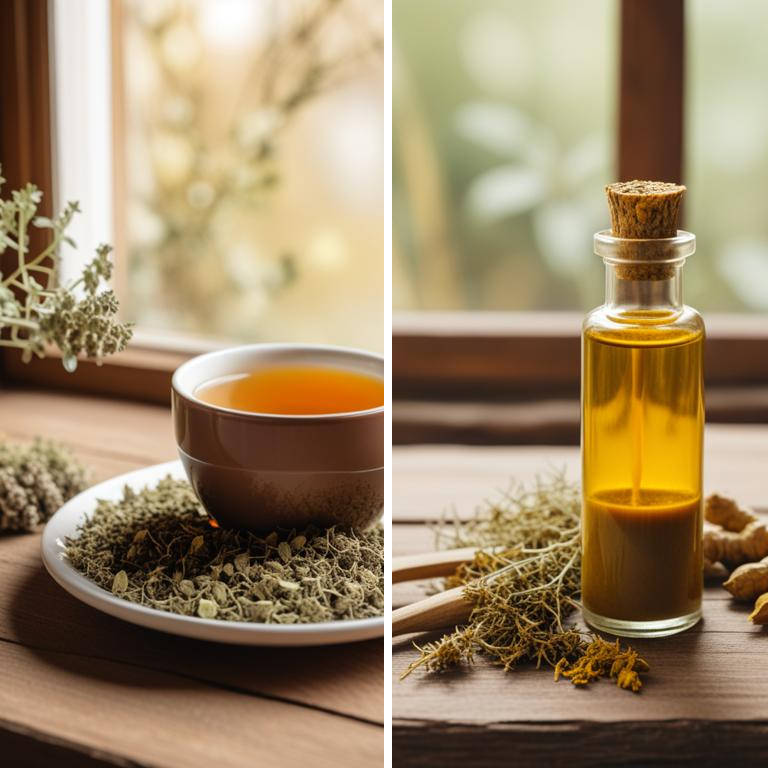
When it comes to herbs, their taste can be a bit of a problem for some people.
But don't worry, there are many ways to make them more palatable. Let's start with decoction - this is a type of herbal preparation where we boil the herbs in water for a longer time to release their active ingredients. This method is great for roots and bark, which can be quite bitter and hard to swallow. By boiling them, we can make the flavor more mild and easier to drink. Another way to enjoy herbs is by making tea. This is similar to decoction, but we use less water and let the herbs steep for a shorter time. Tea is perfect for delicate herbs like peppermint or chamomile, which can be too strong if we boil them for too long. Plus, it's a great way to relax and unwind, especially before bed. Tinctures are a different story altogether.
This is a liquid herbal preparation made by soaking the herbs in a solvent like vodka or glycerin. The resulting liquid is quite concentrated, so we only need a few drops to get the benefits. Tinctures are great for people who can't stomach the taste of herbs, as the solvent masks the flavor and makes it more palatable. Infusions are similar to teas, but we use cold water instead of boiling it. This method is perfect for delicate herbs that can lose their potency if heated. We simply steep the herbs in cold water for a few hours, and then strain and drink. This is a great way to enjoy herbs like lemon balm or lavender, which can be quite soothing. Finally, there are capsules, which are a great option for people who really can't stand the taste of herbs. We simply fill capsules with dried herbs, and then swallow them with water. This way, we get the benefits of the herbs without having to taste them.
Plus, capsules are easy to take on-the-go, making them perfect for busy people.
Additional Resources:
What herbs are inadvisable to consume if you have bad taste?
If you have a bad taste, you might want to be careful with some herbs that are commonly used in cooking.
For example, rosemary has a strong, bitter taste that can be overwhelming if you're not used to it. It's often used in roasted meats and vegetables, but if you have a sensitive palate, it might be too much. Thyme is another herb that has a strong flavor, often described as earthy and slightly minty.
It's a popular choice for soups and stews, but if you're not a fan of strong flavors, you might want to skip it. Lavender is often used in teas and desserts, but its distinctive floral flavor can be off-putting if you're not used to it. Sage is a bit milder, but still has a strong, savory taste that might be overwhelming if you have a bad taste. Finally, wintergreen has a sweet, minty flavor that might be too much if you're not a fan of strong minty tastes.
These herbs can be great additions to certain dishes, but if you're not used to their strong flavors, you might want to start with small amounts and see how you feel.
FAQ
Are there any specific herbs that can prevent bad taste?
Some herbs are believed to help with bad breath and taste.
For example, parsley is known for its fresh, clean flavor and may help neutralize odors in the mouth. Similarly, mint has a cooling effect that can help reduce bad breath.
These herbs are often used in cooking and can be added to food or drinks to help freshen breath.
Is it safe to use herbal remedies for bad taste during pregnancy?
During pregnancy, it's best to be cautious with herbal remedies.
Some herbs can affect the baby's health or cause problems. If you're experiencing bad taste, talk to your partner or family about it.
You can also try small changes in your diet, like eating smaller meals or choosing gentler foods, to see if that helps.
Are there any herbs that can reduce the frequency of bad taste?
Ginger is often used to help reduce bad taste.
It has natural properties that can soothe the stomach and calm digestive issues. Some people also find that parsley helps to neutralize strong tastes, while peppermint can aid in clearing the palate.
These herbs can be consumed as teas or added to food.
Can i combine different herbal remedies for bad taste?
You can combine different herbal remedies, but be careful with the flavors.
Some herbs like peppermint and ginger can clash if mixed. Start with small amounts and adjust to taste.
If you're making a tea, combine herbs that complement each other, like chamomile and lemon balm, for a smoother flavor.
Related Articles
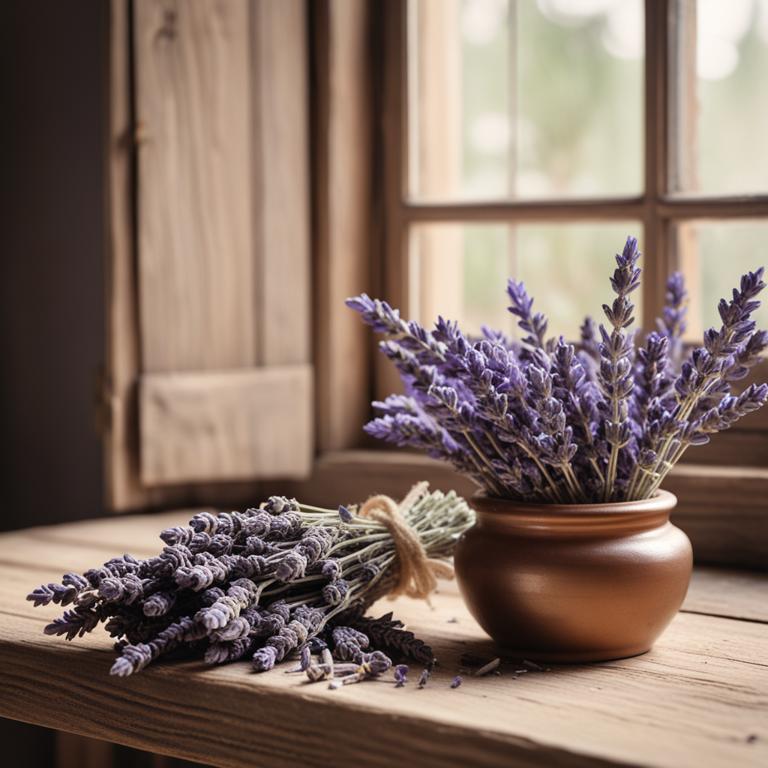
Eye Twitching and the Power of Medicinal Herbs and Herbal Preparations
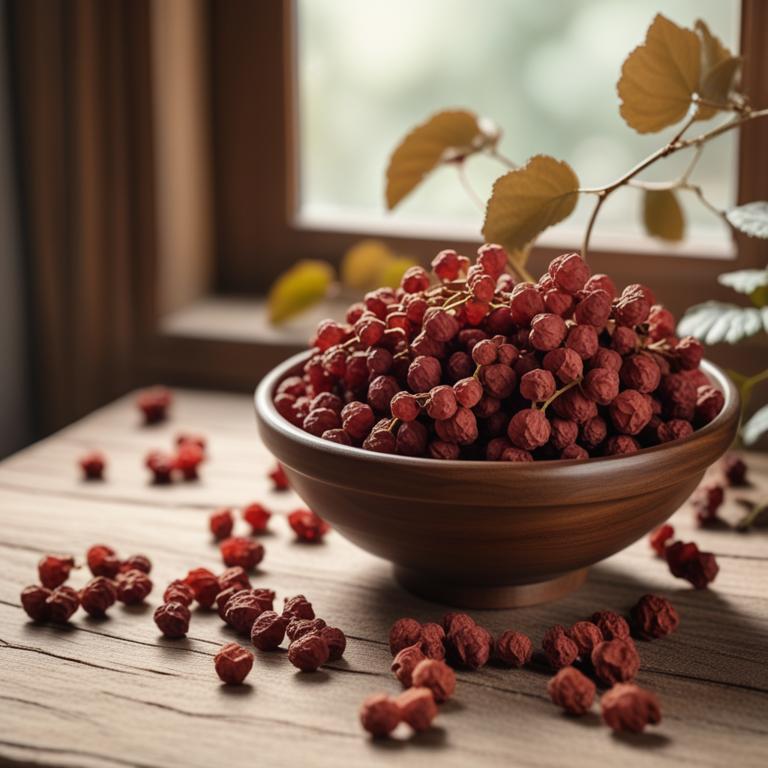
Understanding Fatigue: Causes, Medicinal Herbs, and Herbal Remedies
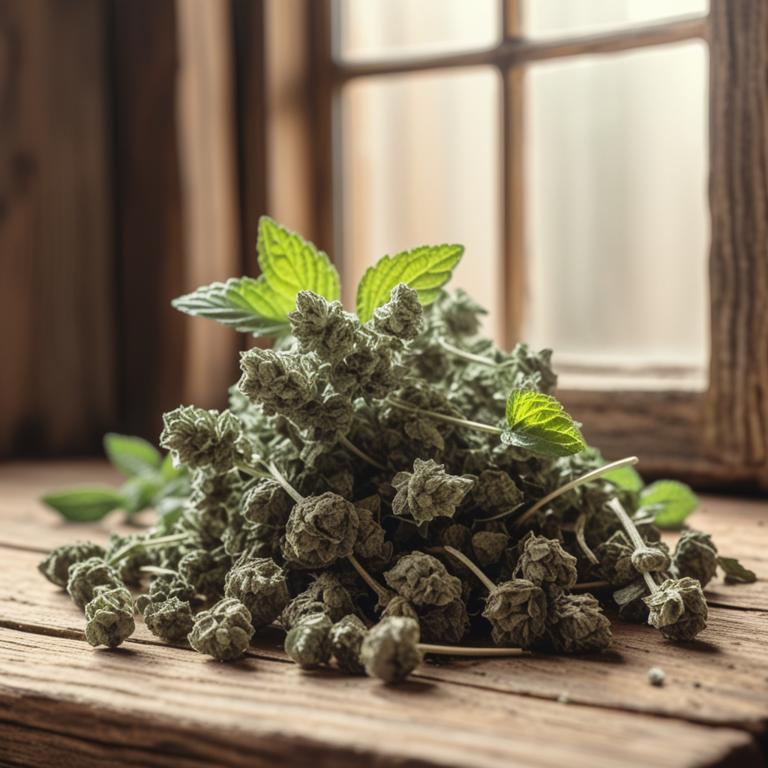
Understanding Taste Changes: Causes, Medicinal Herbs, and Herbal Preparations
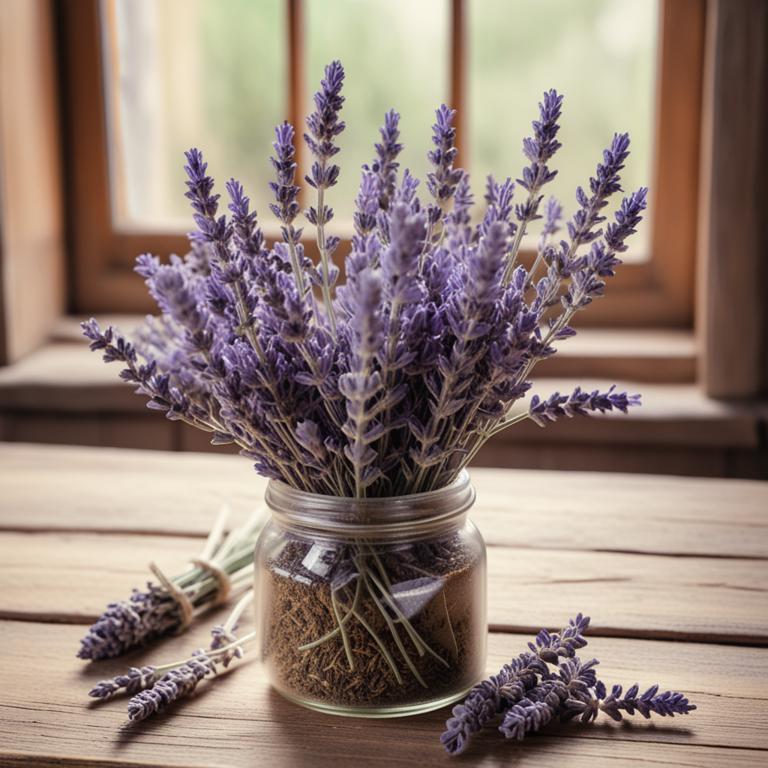
Anxiety Relief: Exploring Medicinal Herbs and Natural Preparations
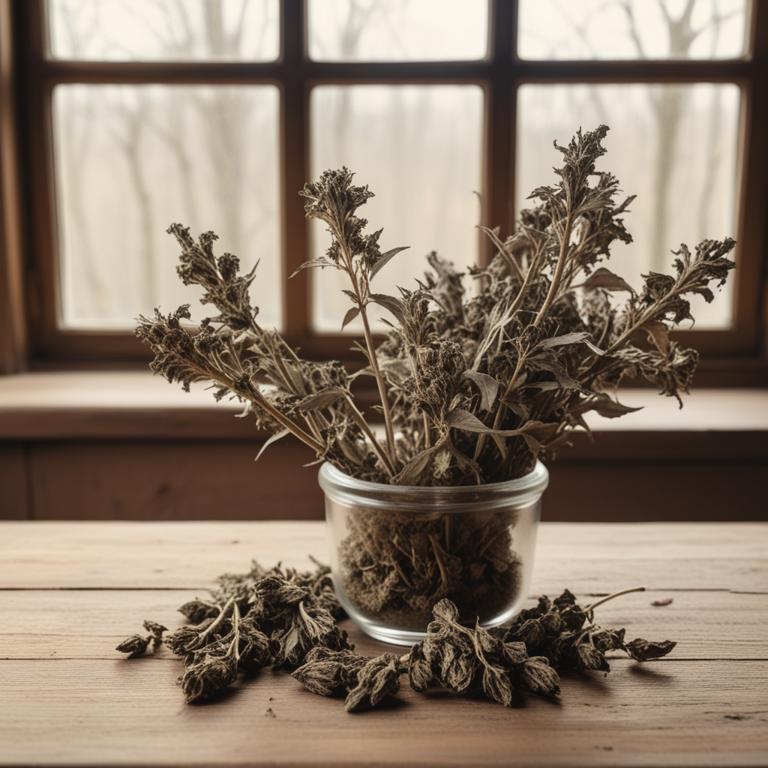
Taste Loss: Causes, Medicinal Herbs, and Herbal Preparations for Prevention
